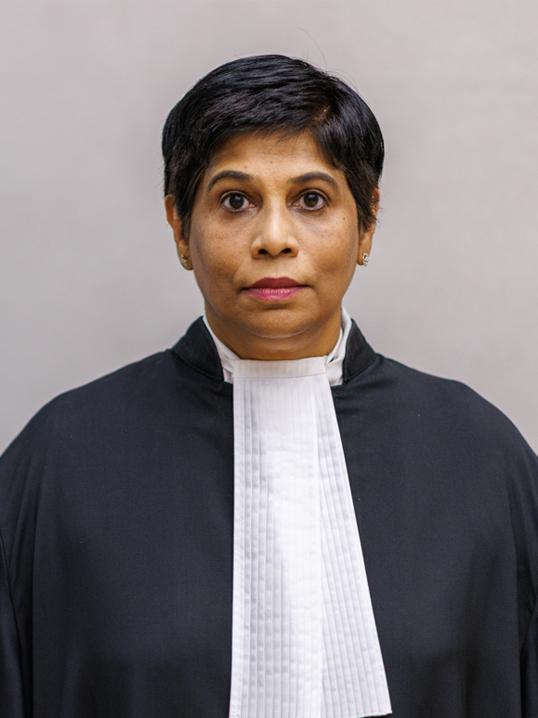 There is no recording available for this lecture, however, there is a Lecture Transcript.
There is no recording available for this lecture, however, there is a Lecture Transcript.
Sandwich lunch in the Old Library at 12.30 pm.
Lecture summary: The Rome Statute was adopted 25 years ago. It reflected the hopes of the international community that there should be a permanent criminal court, that it should provide a forum for determining individual criminal responsibility for war crimes, for genocide and for crimes against humanity. It reflected the hopes of many that the Court should be a world court, one that would complement the efforts of individual countries to create and sustain jurisdiction domestically and universally for such crimes, and one which would both follow the jurisprudential gains of the International Criminal Tribunals and Courts that came before it, and lead in the creation of new and enlightened jurisprudence. Subsequently, in Kampala, the offence of aggression was added to the list of offences triable, in limited circumstances, by the Court. Has the International Criminal Court achieved its aims? Is the vision of the Rome Statute still alive, given the polarisation of so many international institutions? Is the Court flexible enough to reflect new challenges to world politics such as harm to the environment? Has complementarity diluted the accountability of the international criminal law? Is the Court able to reflect the considerable advances made in domestic courts around access to justice for women and children? For persons who are LGBTIQ? For persons with disabilities? Is there consistency between international human rights law and the jurisprudence of the Court? Is any desired consistency an aim of the international community? Has the Court prevented the development of a selective justice? The negotiations towards the Rome Statute were built with a vision of a substantive justice, with an unprecedented degree of representation for victims of the most heinous crimes, and with the hope that peace has a better chance if justice is effectively delivered. This lecture will address the promise of a world court in the context of international vision and politics.
Nazhat Shameem Khan was born and brought up in Fiji. She studied law in the United Kingdom, at the universities of Sussex and Cambridge. She studied at Darwin College Cambridge University in 1981/2 (LLM) and in 1987/8 (MPHIL Criminology). She was called to the Bar of England and Wales at the Inner Temple and at the High Court of Fiji. She practised law as a prosecutor from 1984 to 1999. She was appointed Fiji’s Director of Public Prosecutions in 1994. In 1999, she was appointed Fiji’s first woman High Court judge. She was responsible for the criminal jurisdiction of the High Court. She left the judiciary in 2009, and opened her own practice, focussing largely on human rights, work place governance and litigation skills training. In 2014, she was appointed Fiji’s ambassador to the United Nations in Geneva and Vienna, and to Switzerland. In 2021, she was elected President of the Human Rights Council in Geneva. In December 2021, she was elected a Deputy Prosecutor of the International Criminal Court.
These lectures are kindly supported by Dr and Mrs Ivan Berkowitz who are Principal Benefactors of the Centre.


 Facebook
Facebook  X/Twitter
X/Twitter  Instagram
Instagram  YouTube
YouTube  Flickr
Flickr  LinkedIn
LinkedIn